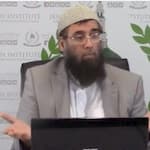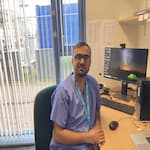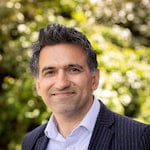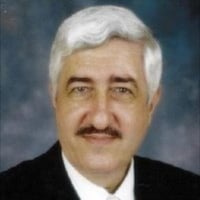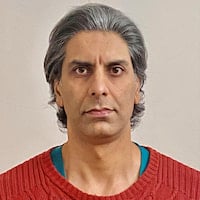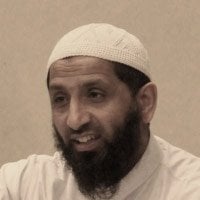Organ Donation and Transplantation: Islamic Perspective (Self-Paced)
Course

About The Course
Al Balagh Academy is offering a unique course on Organ Donation and Transplantation from an Islamic perspective. The course aims to develop your knowledge, skills and confidence to care for Muslim patients who are in need of organs and their families, as well as how to engage with Muslims, their families and communities on the issue of organ donation.
Three out 10 patients across the UK waiting for an organ transplant are from black, Asian and minority ethnic communities, which include majority of the Muslim community and similar figures are reflected around the world. Yet, Muslim communities hold more negative attitudes towards organ donation than other communities? What are the underlying reasons? The issue of organ donation in Islam has been debated for decades, with most religious authorities sanctioning both living-organ and deceased-organ donation.
However, disquiet among the Islamic community on the compatibility of organ donation with their faith remains, especially in relation to deceased-organ donation. This remains a topical, controversial, and challenging component of organ procurement at both local and international levels.
This course has been designed for Muslim health professionals and chaplains who want answers to their faith-based queries related to organ donation and transplantation. It is designed to educate and explore common issues relevant for both allied health professionals who work in the field organ donation and transplantation as well as Muslim shari’ah scholars who want to gain a deep insight into associated challenges and their potential solutions.
Course Team
At A Glance
 12 Recorded Sessions
12 Recorded Sessions  7 Graded Module Assessments
7 Graded Module Assessments 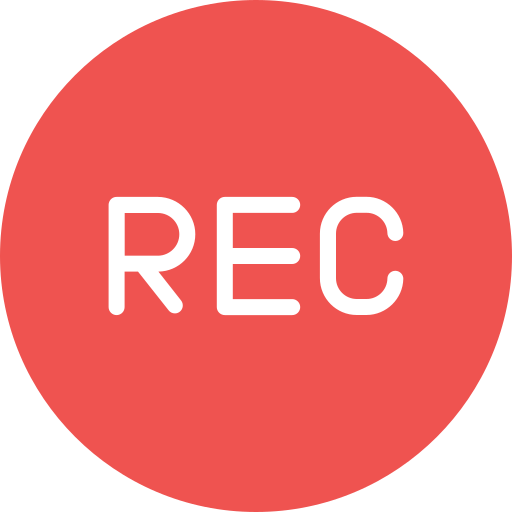 14+ VIDEO HOURS
14+ VIDEO HOURS  Videos Access for 1 Year
Videos Access for 1 Year  Access to Mobile App
Access to Mobile App  Live Q&A
Live Q&A  Digital Certificate
Digital Certificate
Enroll Now
- Course Launch Date : 7th December 2024
- Course Fee:
Pay in Full:£199.99£69.99
Al Balagh Scholarship
AlBalagh Scholarship is available for learners who cannot afford the fee. Learn More and Apply
Course Overview
This course will discuss the severity of the problem for Muslim patients around the world. It will discuss the different processes of organ procurement and transplantation, its alternatives, and the Islamic arguments both for and against organ donation and transplantation.
Who Should Enroll?
This course is tailored for:
- Muslim Health Professionals: Physicians, nurses, and allied health professionals who want to understand the Islamic perspective on organ donation to better guide Muslim patients and families.
- Chaplains and Counsellors: Those providing spiritual and emotional support to Muslim patients and their families, seeking faith-based guidance on sensitive medical decisions.
- Islamic Scholars and Students of Fiqh: Individuals aiming to engage with contemporary fiqh discussions and ethical considerations related to organ donation.
- Community Leaders and Advocates: People involved in awareness and educational campaigns who wish to approach organ donation from a culturally sensitive and religiously informed perspective.
Why Enroll?
- Comprehensive Islamic Insights: This course addresses the nuanced Islamic ethical, legal, and theological aspects of organ donation, including complex topics like brain death, dignity of the human body, and the dead donor rule.
- Real-World Relevance: With many patients in need of transplants belonging to ethnic minorities, including a large Muslim demographic, the course highlights the unique challenges faced by Muslim communities globally.
- Enhanced Community Engagement Skills: Gain practical skills for conducting awareness workshops and effectively engaging Muslim communities on this important topic.
- Self-Paced Flexibility: Designed to fit around your schedule, with one-year access to the course materials, allowing you to learn at your own pace.
Course Features
- Learning Mode: Self-paced, with a full year of access.
- Content:
- 12 Recorded Sessions totaling over 14 hours of video content.
- 7 Graded Assessments to reinforce learning and comprehension.
- Case Studies and Practical Workshops to explore real-life scenarios.
- Topics Covered: In-depth discussions on Islamic perspectives, the organ transplantation process, alternatives, ethical and legal considerations, pastoral care, and community engagement strategies.
Key Objectives
The key objectives of this course are to:
- Develop an understanding of the Islamic principles and ethico-legal views related to organ donation and transplantation.
- Examine the various common situations faced by Muslim practitioners, patients, and their families related to donating organs and transplantation.
- Evaluate the critical and controversial issues arising from organ donation programmes and organ transplantation processes.
- Provide good practice on how to engage with donors and their families as well as Muslim organ recipients.
- Learn how to deliver effective awareness workshops in Mosques and Muslim communities.
Learning Outcomes
After completing the course, the students will be able to:
- Understand the Islamic principles and ethico-legal views related to organ donation and transplantation.
- Deal confidently with common situations faced by Muslim practitioners, patients, and their families related to donating organs and transplantation.
- Effectively evaluate the critical and controversial issues arising from organ donation programmes and organ transplantation processes and develop solutions.
- Engage effectively with donors and their families as well as Muslim organ recipients.
- Deliver effective awareness workshops in Mosques and Muslim communities.
MODULES
Module 1
Introduction and Informal Session
Module 2
What You Need to Know About the Organ Transplantation Process
Module 3
What are the Alternatives to Organ Transplantation
Module 4
Detailed Fiqh – Dignity in the Body
Module 5
Muslims and Organ Transplantation – What are the Statistics?
Module 6
Fatawa Committees and Organ Transplantation
Module 7
Seven Faces of the Fatawa on Organ Transplantation
Module 8
Detailed Fiqh – Neurological Death and Dead Donor Rule
Module 9
Organ Trafficking and Exploitation
Module 10
How to Deliver Awareness Programmes To Muslims
Module 11
Case Studies – 1: Details Regarding Pastoral Care for Donors & Counselling
Module 12
Case Studies – 2
Here is the course outline:
Welcome Aboard: Course Introduction |
LMS OrientationLMS Orientation |
FAQsFAQs |
Session 1: What You Need to Know About the Organ Transplantation Process |
Session 2: What are the Alternatives to Organ Transplantation |
Session 3: Detailed Fiqh - Dignity in the Body |
Session 4: Muslims and Organ Transplantation - What are the Statistics? |
Session 5: Fatawa Committees and Organ Transplantation |
Mid-Course Survey |
Session 6: Seven Faces of the Fatawa on Organ Transplantation |
Session 7: Detailed Fiqh - Neurological Death and Dead Donor Rule |
Session 8: Organ Trafficking and Exploitation |
Session 9: How to Deliver Awareness Programmes To Muslims |
Session 10: Case Studies-1: Details Regarding Pastoral Care for Donors & Counselling |
Session 11: Types Of Organ Donation Programmes -Opt-In, Opt-Out and Case Studies & Final QnA |
Final Exam |
Post-Course Survey |
Completion
The following certificates are awarded when the course is completed:
 |
COA_Organ Donation and Transplantation Islamic Perspective (Self-Paced)-2024 |




(3).png?lmsauth=401bc9a751a1384a01d518931aef05980231a962)
.jpeg?lmsauth=20c38b738ae72dadfffc864a114a427f837cf07e)
